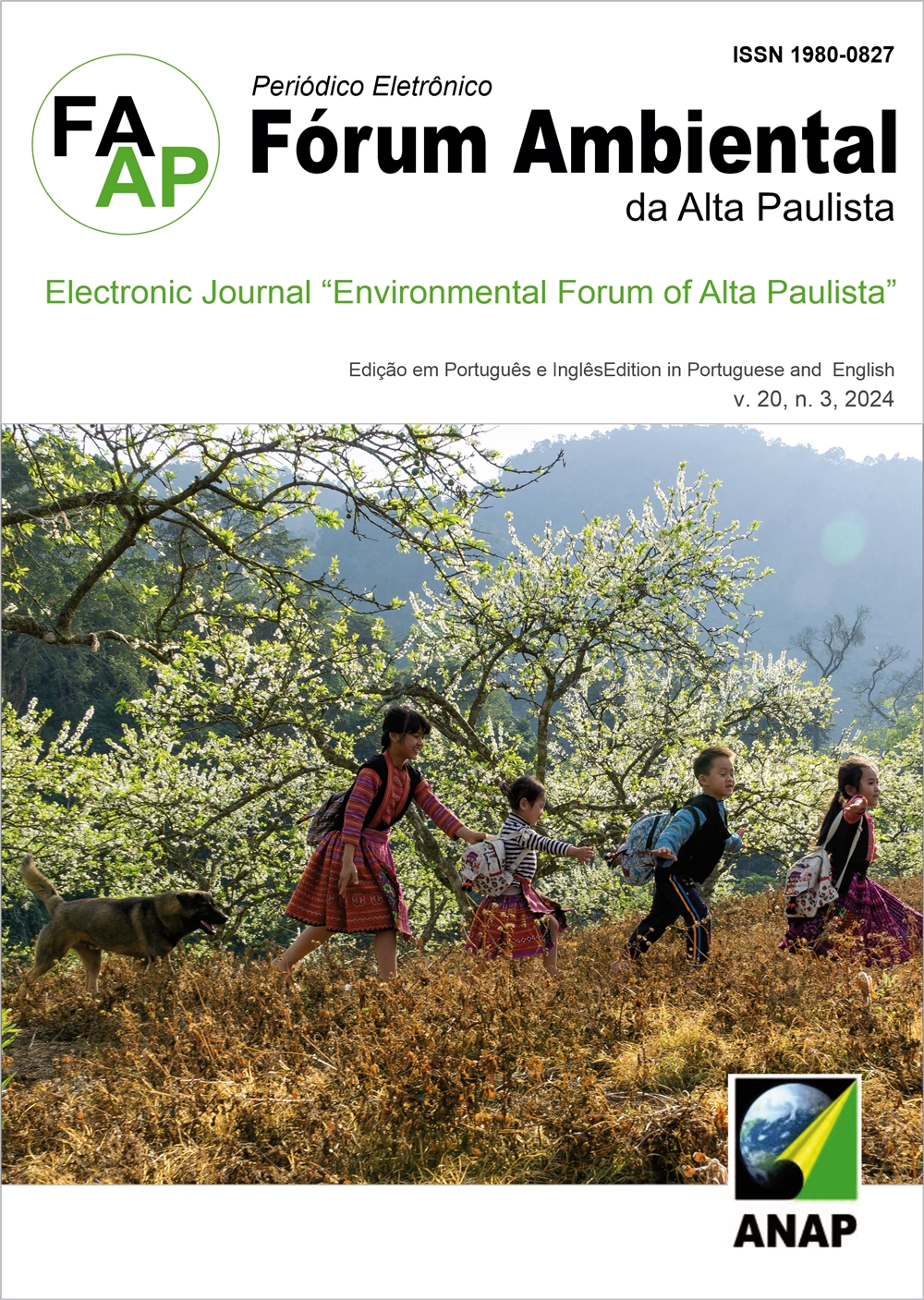Estudo da influência das adições de fibra de vidro álcali-resistentes nas propriedades do concreto permeável
DOI:
https://doi.org/10.17271/1980082720320244802Resumo
O processo de impermeabilização do solo acarreta consequências negativas para a gestão da drenagem urbana. Neste contexto, o concreto permeável, objeto deste estudo, surge como uma solução para mitigar impactos decorrentes da impermeabilização. No entanto, devido à sua alta porosidade, este tipo de concreto apresenta uma resistência inferior ao concreto convencional. O objetivo desta pesquisa foi investigar a influência do acréscimo de fibras de vidro álcali-resistentes (fibra de vidro AR) na resistência e permeabilidade do concreto permeável. Foram preparadas misturas de concreto permeável utilizando uma proporção de 1:4,6, com adição de 10% de sílica, 0,5% de aditivo superplastificante e 0,34% de água em relação ao peso do cimento. Para avaliar a influência das fibras, foram adicionadas duas diferentes porcentagens de fibra de vidro AR: 10% e 20% (em relação ao volume do concreto). A abordagem metodológica abrangeu ensaios de resistência à compressão axial, tração por compressão diametral e tração na flexão a três pontos, além da obtenção da massa específica, índice de vazios e coeficiente de permeabilidade. Os resultados revelaram que o acréscimo de fibra ocasionou uma diminuição na resistência à compressão axial. No entanto, a mistura com adição de 10% de fibra demonstrou um aumento na resistência à compressão diametral e à flexão, que são as solicitações mais críticas em pavimentação. A massa específica seca e o coeficiente de permeabilidade apresentaram redução com a inclusão das fibras, enquanto o índice de vazios aumentou. Conclui-se que o acréscimo de 10% de fibra mostrou-se benéfico, porém, o aumento subsequente não proporcionou ganho significativo.
Downloads
Referências
Downloads
Publicado
Edição
Seção
Licença
Direitos autorais (c) 2024 Periódico Eletrônico Fórum Ambiental da Alta Paulista

Este trabalho está licenciado sob uma licença Creative Commons Attribution-NonCommercial-ShareAlike 4.0 International License.













